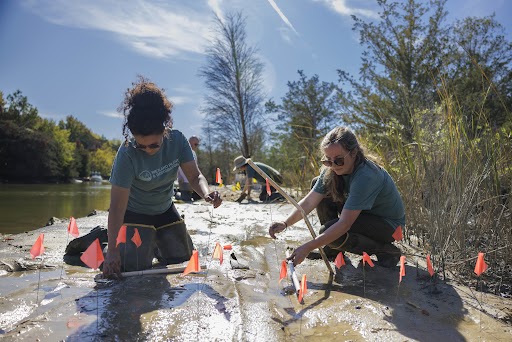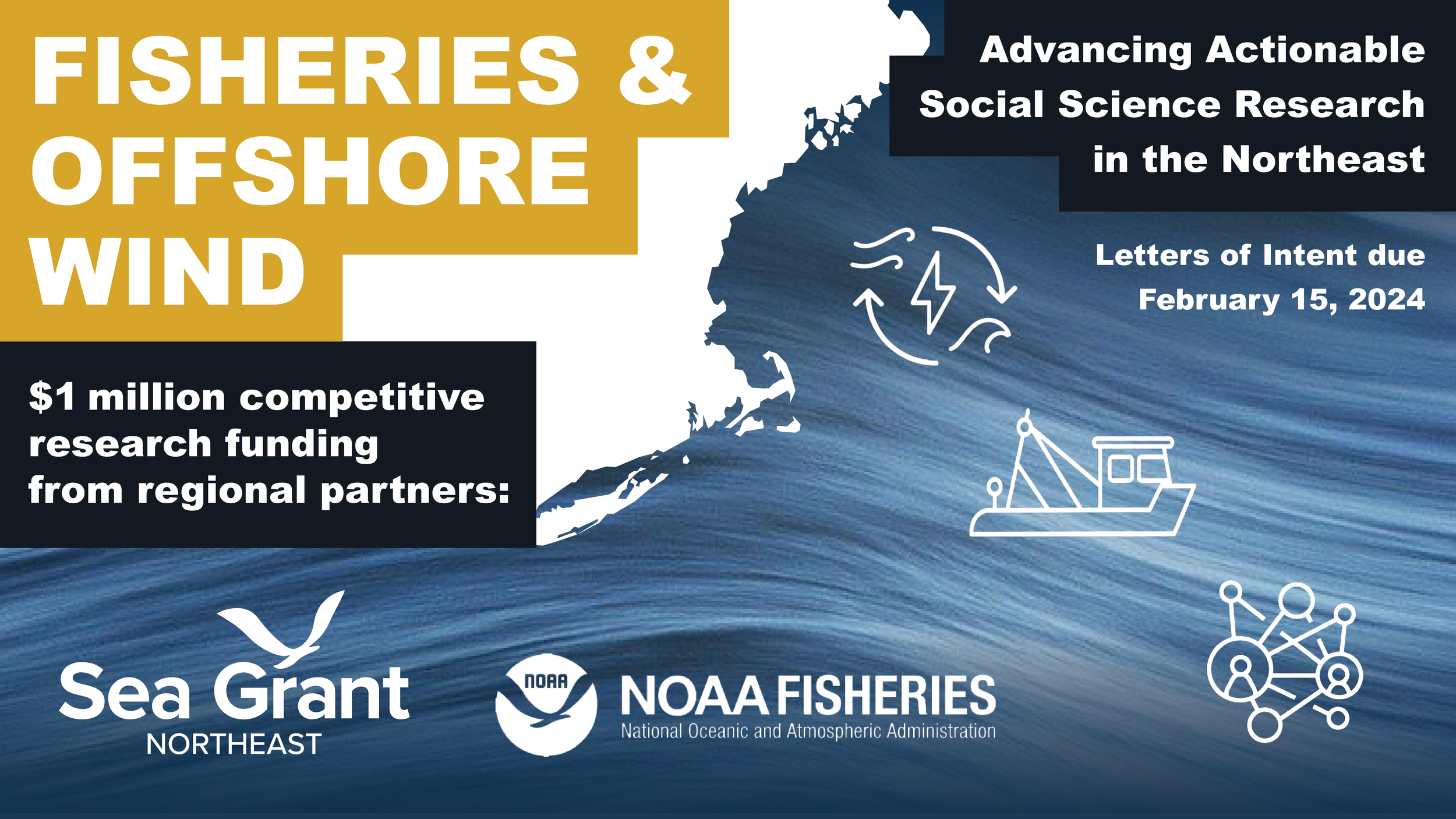By: Emily Woodward, Georgia Sea Grant
Using information gathered from focus groups in coastal communities, University of Georgia (UGA) Marine Extension and Georgia Sea Grant is working with researchers from the National Center for Atmospheric Research to better understand how to communicate hurricane risks so that the public will take necessary precautions before a storm.
“Storm surge is often the deadliest and most destructive part of a hurricane,” said Jill Gambill, community resilience specialist with UGA Marine Extension and Georgia Sea Grant. “When a hurricane threatens a community, it is important for coastal residents to understand the risks from storm surge and know what to do to be safe.”
Focus group members in Beaufort, S.C., Brunswick GA., and Savannah, GA. were asked about their knowledge of storm surge, to reflect on their experience during Hurricane Matthew in 2016, and to analyze experimental maps and animations created by the research team that depicted a hypothetical storm surge forecast.
“The discussions revealed reasons why people might not evacuate, challenges in forecast comprehension and new ways to visualize hurricane risks,” Gambill said.
For example, some focus group participants did not evacuate during Hurricane Matthew because they weren’t aware of the potential for storm surge flooding. Others didn’t leave due to caring for pets and dependent family members, and some waited until it was too late to safely leave.
Feedback from the communities is driving the development of a set of outreach tools, including videos, infographics, handouts and social media messages to raise public awareness of vulnerabilities to major storms.
The focus groups are part of a larger research project funded by the National Science Foundation and Georgia Sea Grant called “Communicating Hazard Information in the Modern Environment,” which aims to improve how hazardous weather risks are communicated as a way to reduce harm and enhance resilience.
Some of the messages were circulated in September as Hurricane Irma approached the U.S. mainland. UGA Marine Extension and Georgia Sea Grant shared the products with local governments, the Georgia Emergency Management Agency and coastal residents.
The storm surge products received widespread positive feedback from meteorologists, elected officials, local and federal government staff, researchers and extension specialists.
“The materials from UGA Marine Extension and Georgia Sea Grant were wonderful to have during Hurricane Irma evacuation,” said Jones Hooks, executive director of Jekyll Island Authority. “Having the detailed information on hand was useful in our storm communications.”
Hooks shared the storm surge graphics with his staff as the storm approached.
The messages were re-circulated by the National Weather Service in Atlanta and Charleston, as well as featured in articles in local media.


